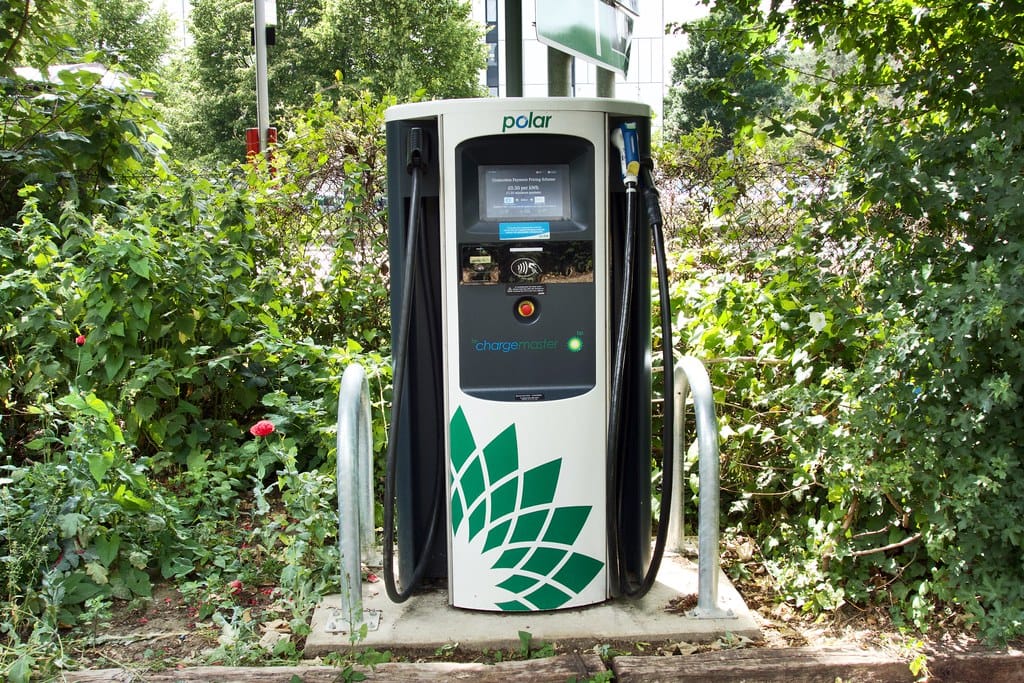Rivian Takes Legal Action Against Ohio's Auto Dealer Protection Laws in Fight for Direct EV Sales
Electric vehicle manufacturer Rivian has filed a lawsuit against the state of Ohio, challenging laws that prevent the company from selling its trucks and delivery vans directly to consumers. The legal battle represents the latest front in an ongoing nationwide conflict between traditional auto dealership models and emerging EV manufacturers seeking to bypass established retail networks.
The Heart of the Dispute
Ohio's franchise laws, like those in many states, require automakers to sell vehicles through licensed dealerships rather than directly to consumers. These laws were originally designed to protect independent dealers from being undercut by manufacturers, but EV startups argue they create unnecessary barriers to market entry and innovation.
Rivian's lawsuit, filed in federal court, contends that Ohio's restrictions violate interstate commerce protections and unfairly disadvantage electric vehicle companies that rely on direct-to-consumer sales models. The Amazon-backed company argues that its business model depends on controlling the entire customer experience, from initial purchase through service and support.
"These outdated laws are preventing Ohio consumers from accessing innovative electric vehicles and the superior customer experience that comes with direct sales," said a Rivian spokesperson in a statement accompanying the lawsuit filing.
Why Direct Sales Matter for EV Companies
The direct sales model has become crucial for many electric vehicle manufacturers for several key reasons:
Customer Education: EVs require extensive consumer education about charging, range, and maintenance differences. Direct sales allow manufacturers to ensure customers receive accurate, comprehensive information rather than relying on potentially undertrained dealership staff.
Pricing Control: Direct sales eliminate dealer markups, which have become particularly problematic during vehicle shortages. Tesla's success with fixed pricing has demonstrated consumer appetite for transparent, no-negotiation purchasing.
Service Integration: EV manufacturers often prefer to maintain control over service networks to ensure proper maintenance of complex battery and software systems.
The Broader Legal Landscape
Rivian's Ohio lawsuit joins a growing number of legal challenges across the United States. Tesla has spent over a decade fighting similar battles, achieving direct sales rights in some states while remaining blocked in others. Currently, approximately 15 states still maintain strict prohibitions on direct automotive sales.
Recent victories for EV manufacturers include:
- Michigan's 2021 reversal of its Tesla sales ban
- Connecticut's 2022 legislation allowing limited direct EV sales
- Virginia's ongoing legislative discussions about modernizing dealer franchise laws
However, traditional auto dealers and their associations continue to push back strongly. The National Automobile Dealers Association argues that the franchise system protects consumers through local accountability and competitive pricing.
Economic Stakes in Ohio
Ohio represents a significant market opportunity for Rivian, with the state ranking among the top 10 in vehicle registrations nationally. The company's commercial delivery vehicles, developed in partnership with Amazon, could find substantial demand among Ohio's logistics and e-commerce sectors.
The state has also positioned itself as an emerging hub for electric vehicle manufacturing and battery production, with companies like Intel investing billions in Ohio facilities. Blocking direct EV sales could undermine the state's broader electrification goals and economic development efforts.
Industry Implications
The outcome of Rivian's lawsuit could influence similar legal challenges nationwide and potentially accelerate the modernization of automotive retail laws. Success in Ohio might encourage other EV startups to pursue aggressive legal strategies rather than attempting to work within existing dealer networks.
Traditional automakers are also watching closely, as companies like Ford and GM develop their own direct-to-consumer EV strategies while maintaining dealer relationships for conventional vehicles.
Looking Ahead
Rivian's legal challenge represents more than a single company's market access dispute—it's a test case for whether state-level protectionist policies can withstand federal commerce challenges in the rapidly evolving automotive sector.
As electric vehicles continue gaining market share and consumer acceptance, the pressure on state legislators to modernize decades-old franchise laws will likely intensify. Ohio's response to Rivian's lawsuit may signal whether states will adapt their regulatory frameworks to accommodate new business models or continue defending traditional dealer interests.
For consumers and the broader EV industry, the stakes extend beyond Ohio's borders, potentially influencing the pace of electric vehicle adoption and the future structure of automotive retail across America.

